Understanding 4P Circuit Breakers
A 4p circuit breaker is an essential component in electrical systems, designed to protect circuits from overloads and short circuits. This type of breaker features four poles, each interrupting the circuit independently, which makes it suitable for three-phase systems plus a neutral line. The versatility of 4p circuit breakers allows them to be utilized in various settings, from residential to industrial applications.
Types and Applications
The 4p circuit breaker category encompasses several types, including miniature circuit breakers (MCBs) and moulded case circuit breakers (MCCBs). MCBs are commonly used in domestic environments, while MCCBs find their place in industrial settings due to their higher current ratings. These breakers are integral in safeguarding electrical equipment by interrupting power in the event of an overload or fault condition.
Features and Specifications
4p circuit breakers come with varying tripping characteristics, such as type C, B, and D, to match different types of loads and surge profiles. The breakers are also available with different trip unit options like LI (Long-Time and Instantaneous), LSI (Long-Time, Short-Time, and Instantaneous), and LSIG (Long-Time, Short-Time, Instantaneous, and Ground Fault) to provide comprehensive protection for electrical circuits.
Materials and Construction
The construction of a 4p circuit breaker involves robust materials that ensure durability and reliability. The contacts are typically made of silver alloys for optimal conductivity and resistance to wear, while the housing is usually composed of high-strength thermoplastics or metal to withstand harsh conditions and provide insulation.
Advantages of 4P Circuit Breakers
Utilizing a 4p circuit breaker in an electrical system offers several advantages. These breakers provide enhanced safety by preventing electrical fires and equipment damage due to overcurrents. They also offer the convenience of quick reset and restoration of power, unlike fuses which need replacement after a fault.
Selection Considerations
When selecting a 4p circuit breaker, it is crucial to consider the electrical load, the nature of the connected devices, and the environmental conditions of the installation site. It is important to match the breaker's characteristics with the system's requirements to ensure adequate protection and longevity of the electrical infrastructure.


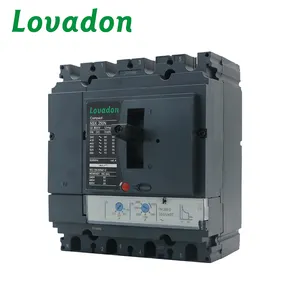








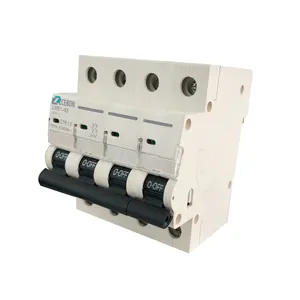
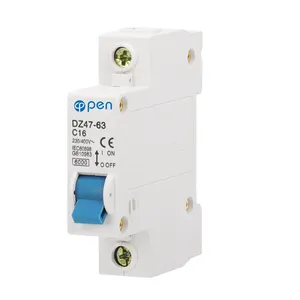



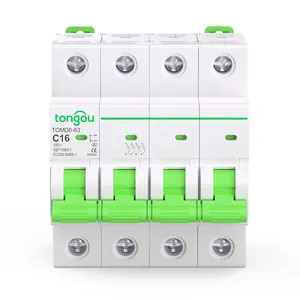

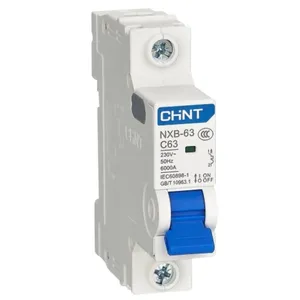



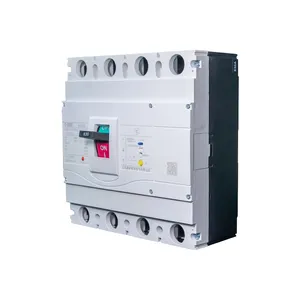



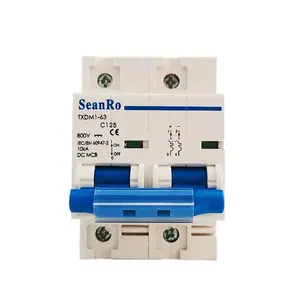


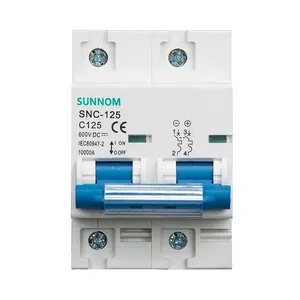





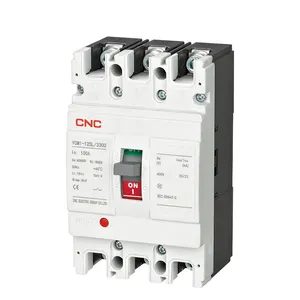

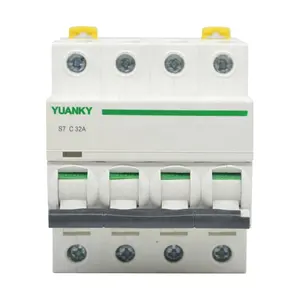

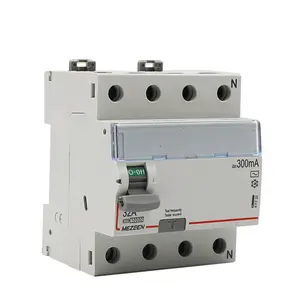


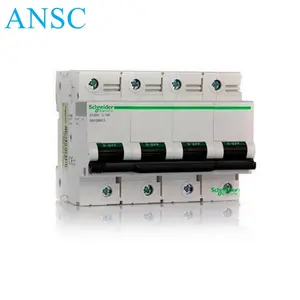





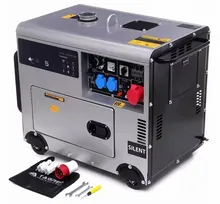
























 浙公网安备 33010002000092号
浙公网安备 33010002000092号 浙B2-20120091-4
浙B2-20120091-4